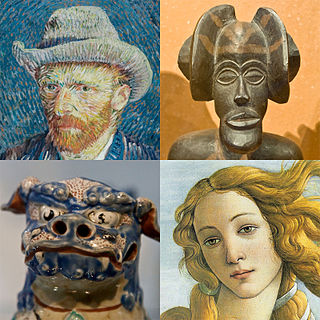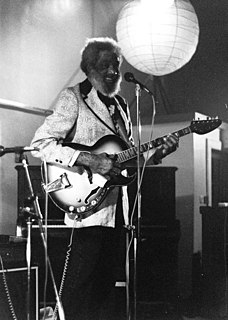| Arena | |
|---|---|
 Message in a bottle title sequence used by Arena since 1975. | |
| Genre | Documentary |
| Created by | Humphrey Burton |
| Written by | Various |
| Directed by | Various |
| Opening theme | "Another Green World" by Brian Eno |
| Country of origin | United Kingdom |
| Original language(s) | English |
| No. of episodes | over 600 |
| Editor(s) | Anthony Wall (1985–present) Anthony Wall and Nigel Finch (1985–1995) Alan Yentob (1979–1985) Leslie Megahey (1977–1978) Various (1975–1977) |
| Production company(s) | BBC |
| Release | |
| Original network | BBC Two (1975–2011) BBC Four (2003–present) |
| Original release | 1 October 1975 – present |
| External links | |
| BBC Four - Arena | |
Arena is a British television documentary series, made and broadcast by the BBC since 1 October 1975. Voted by TV executives in Broadcast magazine as one of the top 50 most influential programmes of all time, it has produced over six hundred episodes directed by, among others, Frederick Baker, Jana Boková, Jonathan Demme, Nigel Finch, Mary Harron, Vikram Jayanti, Vivian Kubrick, Paul Lee, Adam Low, Bernard MacMahon, James Marsh, Leslie Megahey, Volker Schlondorff, Martin Scorsese, Julian Temple, Anthony Wall, Leslie Woodhead, and Alan Yentob.
Television in the United Kingdom started in 1936 as a public service which was free of advertising. Currently, the United Kingdom has a collection of free-to-air, free-to-view and subscription services over a variety of distribution media, through which there are over 480 channels for consumers as well as on-demand content. There are six main channel owners who are responsible for most material viewed. There are 27,000 hours of domestic content produced a year at a cost of £2.6 billion. Since 24 October 2012, all television broadcasts in the United Kingdom have been in a digital format, following the end of analogue transmissions in Northern Ireland. Digital content is delivered via terrestrial, satellite and cable, as well as over IP.
Documentary television is a genre of television programming that broadcasts documentaries.
The British Broadcasting Corporation (BBC) is a British public service broadcaster. Its headquarters are at Broadcasting House in Westminster, London, and it is the world's oldest national broadcasting organisation and the largest broadcaster in the world by number of employees. It employs over 20,950 staff in total, 16,672 of whom are in public sector broadcasting. The total number of staff is 35,402 when part-time, flexible, and fixed-contract staff are included.
Contents
- History
- Branding
- Series editors
- Awards and nominations
- Selected filmography
- Sources
- References
- External links
The current series editor is Anthony Wall, who has edited Arena since 1985.
Anthony Wall is an award-winning documentary filmmaker whose lifelong contribution to cinema has been honoured with the Special Medallion of the Telluride film festival. He has for more than 30 years been a director, then Series Editor and Executive Producer of the BBC's flagship arts documentary strand Arena, voted by leading TV executives in Broadcast magazine as one of the top 50 most influential programmes of all time.











